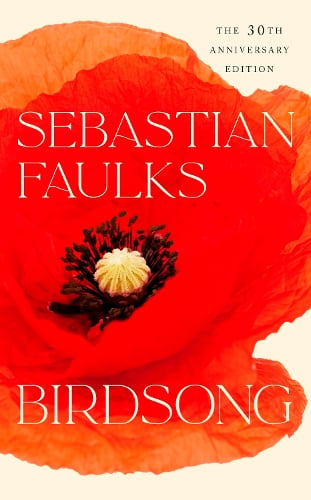Birdsong is a poignant exploration of the inexpressible horrors of war and the lost generation, symbolized through the motif of birdsong as both life and art's voice.
Anne Rowe interprets Birdsong as a novel that transcends conventional language to convey the terrifying realities of World War I, acknowledging that some truths about war are beyond words. The title's symbolism of birdsong captures both the voice of the lost generation and the attempt of art to express what cannot be fully told. This review appreciates Faulks' blending of fact and fiction and the novel’s cultural resonance, noting its adaptations and the lasting significance of its themes in literature and performance.
Quick quotes
Any attempt to tell the truth about war lies beyond language, for that truth is too awful both to tell and to comprehend.
The “birdsong” of the title stands for the voice of a lost generation and also represents the voice of art, which attempts, and necessarily fails, to capture it.
Faulks captures this as Wraysford is commanding a detail of men digging a huge trench that... is meant to be a mass grave for the fallen after the Battle of the Somme.
